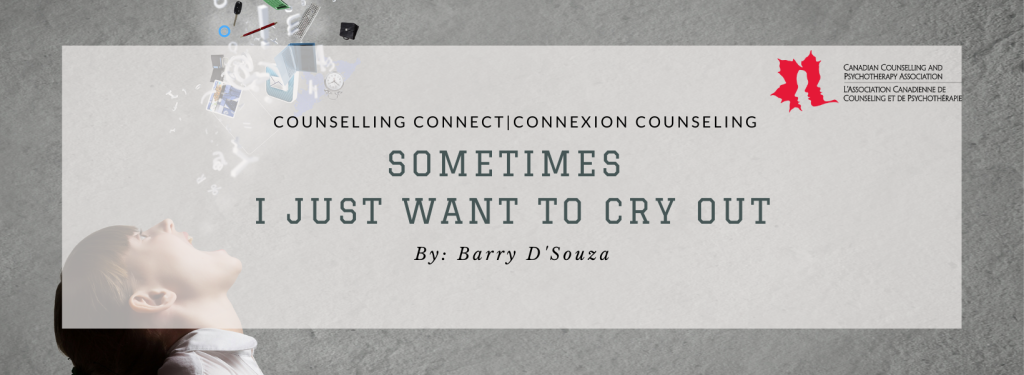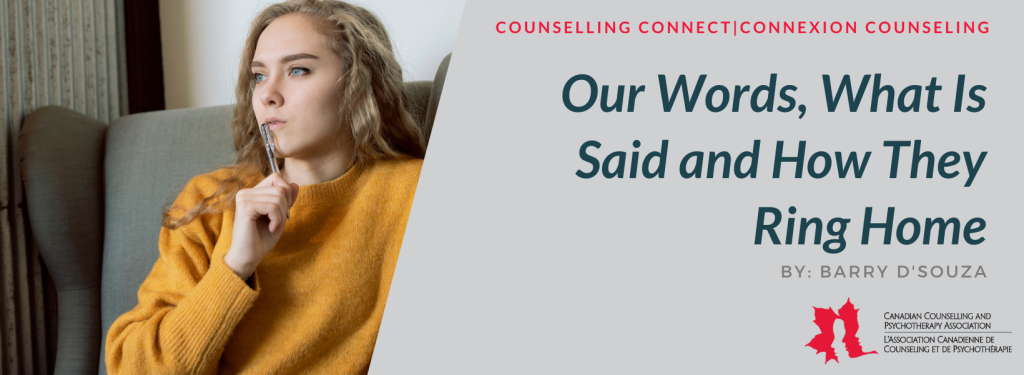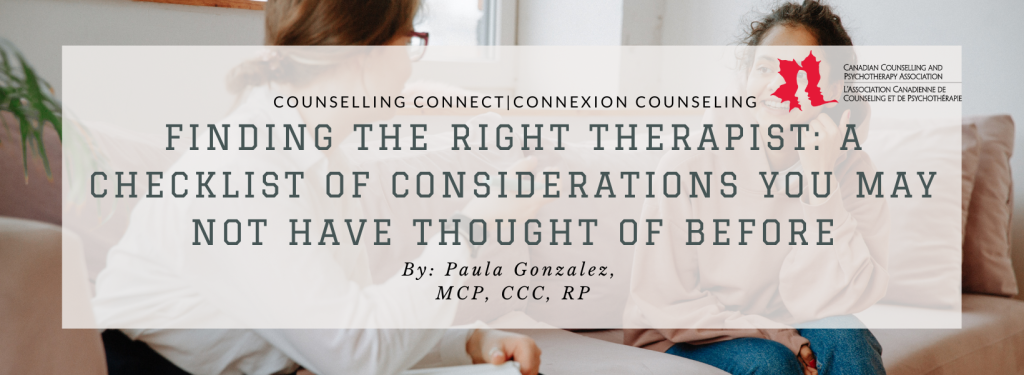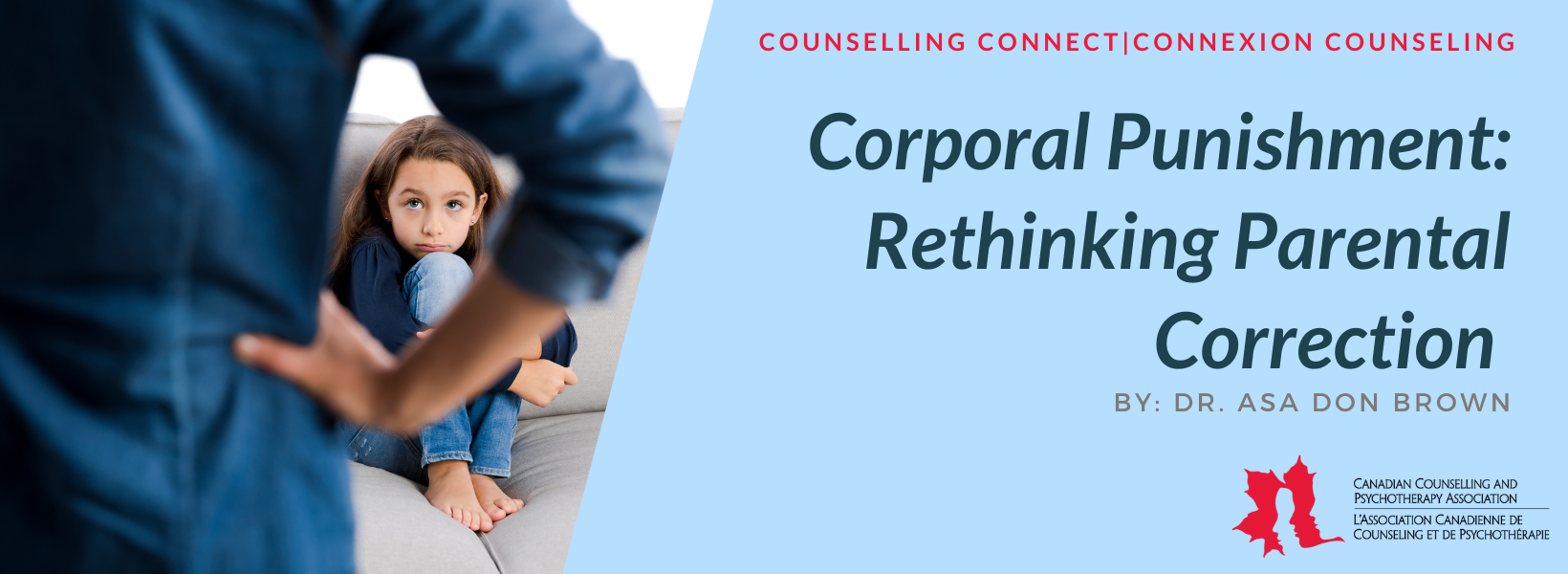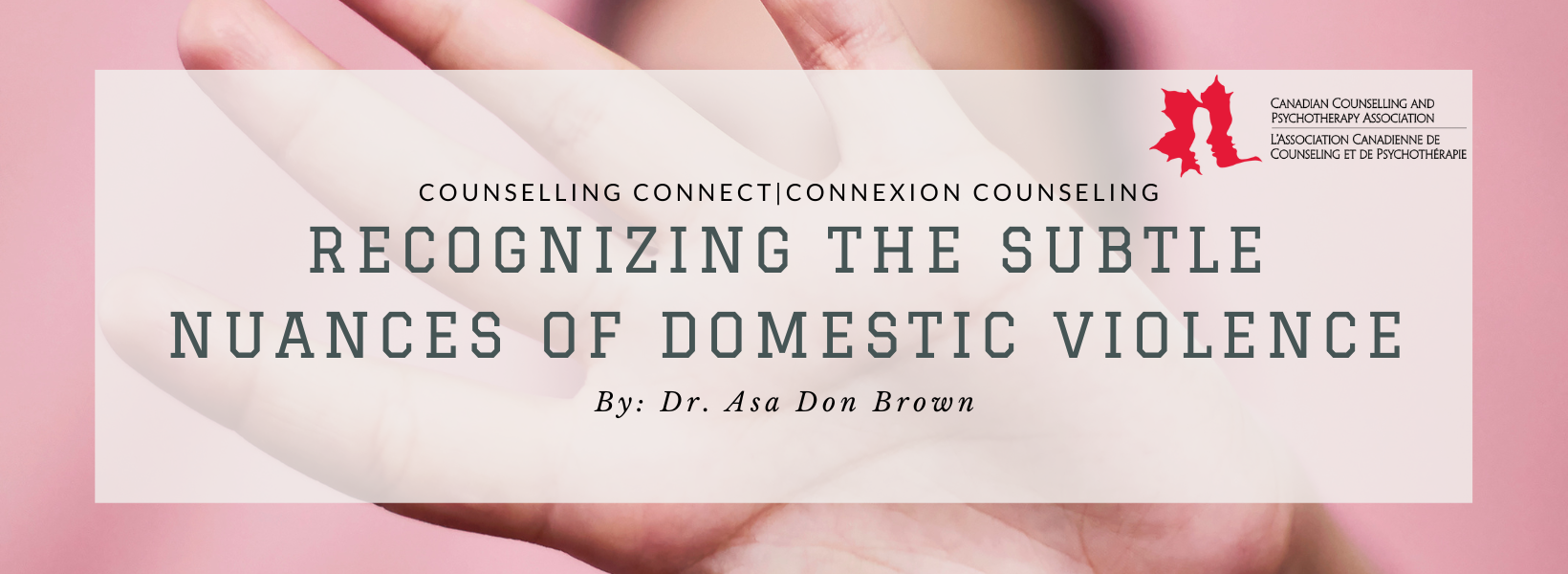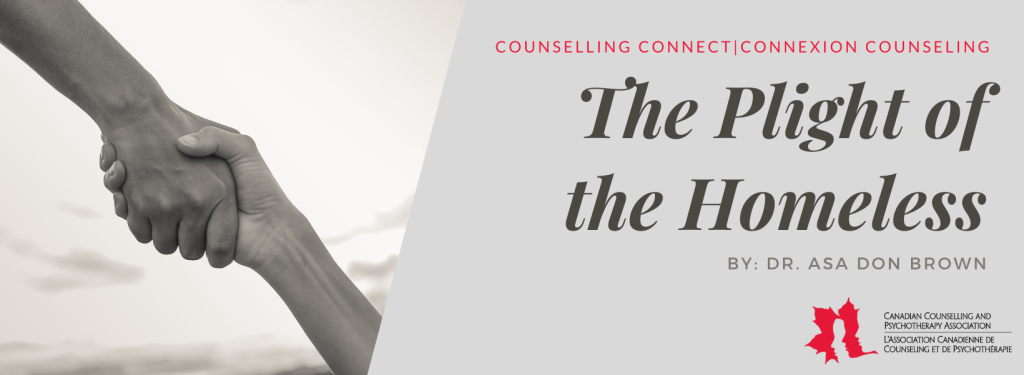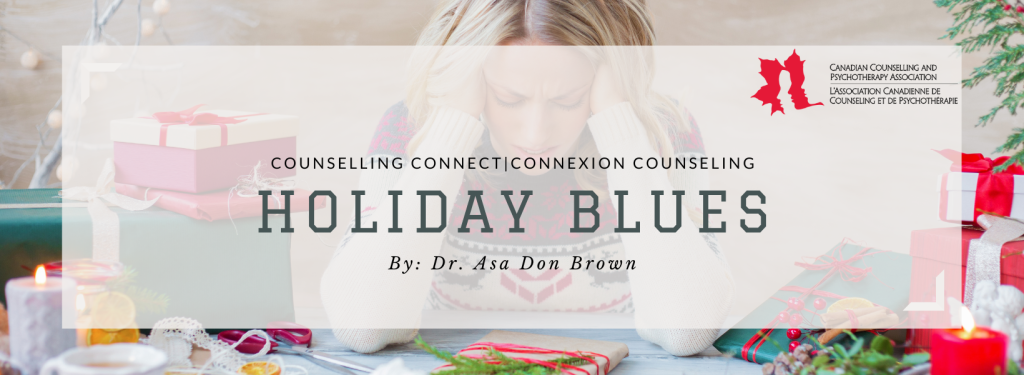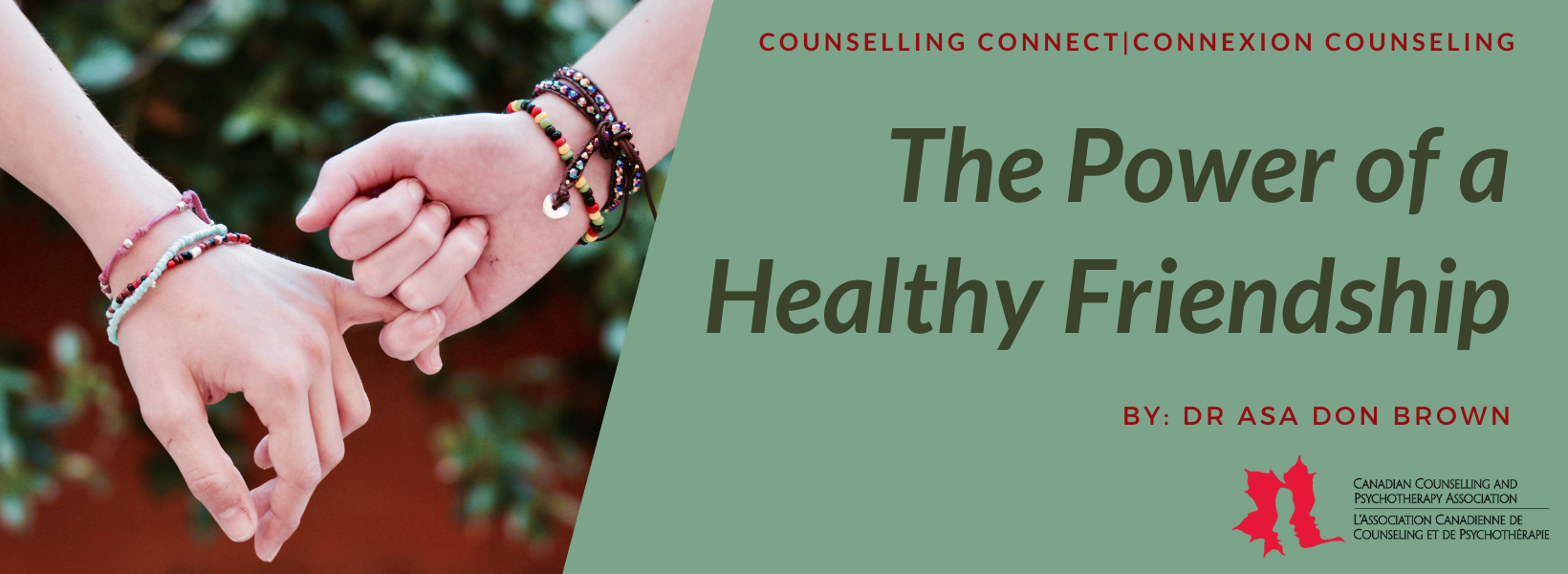
There is something rather unique about the bonding that takes place between two individuals. As we develop as infants and toddlers, we learn many of our social, moral and ethical cues from our parents or primary caregivers. We learn the difference between right and wrong, our likes and dislikes, and the ability to trust or distrust another. It is the quality of this relationship that reinforces our sense of self. The parental relationship has a distinct bearing upon our overall psychological makeup and the way with which we see the world. Yet, research has shown that while parents or caregivers play a significant role in the development of a child; there remains something rather striking about an authentic friendship.
We know that friendships have had a significant role in the development of the human consciousness. It has been debated whether or not the urge for friendship is stimulated by a collective consciousness or an individual consciousness. Research has indicated that friendships are a unique blend of the individual and the collective. It is this unique weaving of the individual and the collective consciousness that appears to be the foundations for friendship.
Why are we drawn towards total strangers? What is it about friendship that we crave as a species? Friendships are not unique to homo sapiens, rather there are many examples throughout the animal kingdom of such binding relationships. Until recently, researchers often refrained from describing the bond that occurs between animals as “friendship.” Dr. Lauren Brent who is a primatologist and professor at Duke University, is conducting research on rhesus macaques. She is looking specifically at the quality and development of relationships and friendships amongst the rhesus macaques. According to the National Geographic, “Rhesus macaques are familiar brown primates with red faces and rears. They have close-cropped hair on their heads, which accentuates their very expressive
faces. Rhesus macaques are Asian, Old World monkeys… These intelligent animals can adapt to many habitats, and some can even become accustomed to living in human communities.” Dr. Brent’s research suggests that the rhesus macaques do indeed develop lifelong friendships. It is this research and others that lends one to think that just maybe we are innately predisposed to friendship. Furthermore, science has revealed that friendship was an evolutionary response to ensuring that the human species would thrive and survive. Without the contribution of others, our species may not have survived.
Friendships are a fascinating aspect of the human experience. It is not uncommon for childhood friendships to develop through social constructs, such as attending the same school, religious venues, extracurricular activities or living in the same neighbourhood. Similarly, adults continue this trend by connecting with work colleagues, neighbours, and through a variety of other social constructs.
Friendships play a significant role in this thing called life. It is commonly expected that friendships will naturally take a backseat to familial events, circumstances and decisions. After all, we have no familial loyalty or structure to those that we call friends. We also know that as adults that there may be extended periods of time that we do not engage with our friends. For most individuals, this is an acceptable behavior for this particular construct. Likewise, there is something intrinsically special about choosing a friend. Often times, we develop friendships out of thin air. Think about it for a moment. Friendships are unlike family, in that, there are no familial obligations or considerations bonding you together. Consider the following: the next time you are walking in a park, pay close attention to how young children and youth engage. It is not uncommon for a child to befriend a virtual stranger. Again, friendships often occur out of thin air. There is something dynamic about friendships.
There is something uniquely special about choosing a friend. I have heard patients declare that they can choose their friends, but they are stuck with their families. What is it about having an ability to choose a friend? Are friendships that much different from other relationships? If so, why are they different from other relationships?
Friendships are an evolving aspect of the relationship paradigm. As children, we might knock on our neighbour’s door begging for their child to come out and play. As youth, we continue this cycle, but with more independence and freedom to make such a request. Of course, technology has had its clutches on the ever-evolving changes that is occurring within friendships. The likelihood of knocking may sadly be a thing of the past, but the truth is, children still rely upon the permission of the parents or caregiver. As we enter adulthood, many find themselves spending less and less quality time with their friends and more and more time with their families, work colleagues and other associates.
While social media has made it possible to keep in touch with mass groups of individuals, research is discovering that many of these “so-called” friendships are shallower than before. It may be because we tend to embrace friendships that may have otherwise fizzled with time. Social media has violated this natural function of relationships. Whereas,before the relationship would go through a variety of stages including the loss of the relationship; rather, we now tend to clasp on to these individuals collecting them like
bottle caps.
Social media has a damning effect. For many individuals seem to be incapable of moving beyond their own mistakes. We have all known someone who reminds us of our past. We have all known someone who is more than willing to share our mistakes, our mishaps, and our misunderstandings. Unfortunately, social media does not allow for the individual to grow and move beyond what has occurred in his or her past. Let’s return to what is friendship? Friendship is the ability to connect with another. It is this ability to share in common interest, desires, and achievements. It is also having an ability to connect when times are not so rosy. It is in these particular times that we tend to grow together, bonding over the situation, circumstance or event. Friendships are naturally woven together by these experiences.
An authentic friend does not need to receive a daily, weekly, monthly, or even a yearly call. An authentic friend remains loyal during the difficult times. An authentic friend is willing to be assertive and accountable when the times call for it. An authentic friend understands that friendship is an ever-evolving relationship bound to be complicated, but commonly comprised of mutual respect.
Throughout our lives, we will encounter many individuals. We may have the privilege of developing lifelong friends. We may elect to develop different sets of friendships throughout the many stages of our lives. We may even elect to move beyond a friendship for reasons related to our own mental health and wellbeing. Remember that friendships are never perfect, but authentic friends should always look at empowering you.
Most of all, what does it take to develop a healthy friendship? Healthy friendships and relationships occur through mutual respect and understanding. You cannot simply “click” a healthy friend into being. Healthy friendships and relationships transpire over time with trust, dignity and active communication. It is these types of relationships that are fortified by the individual loyalties that create a unique bond. Likewise, such relationships are based on a mutual admiration and ambition towards a particular outcome. At the end of the day, authentic friends have chosen to be friends. They are well aware of one another’s flaws, attributes, compliments and personalities. It is this type of friendship that we should all strive for, but such friendships can only evolve over time with dedication unto one-another. The ultimate power of a healthy friendship occurs through the ability of having an authentic friend.
*The views expressed by our authors are personal opinions and do not necessarily reflect the views of the CCPA
